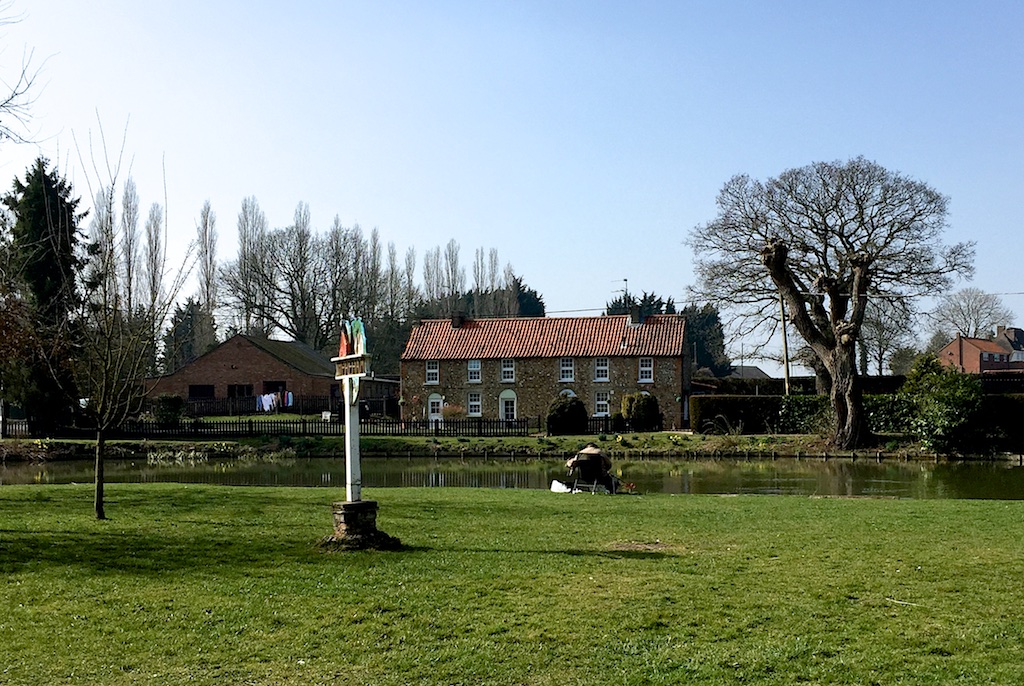Nice blog post by Simon Wren-Lewis arguing that the obsession with deficit-reduction is actually just a smokescreen for shrinking the state. Sample:
However perhaps we should have taken the chancellor at his word when he says that there has been no change to his long-term plan. The mistake was to misunderstand what this plan was. In reality it may have had nothing to do with the deficit, but instead was all about shrinking the size of the state over a ten-year period.
The problem the Conservatives faced in 2010 was that there was no public appetite for a smaller state. Surveys continued to show many more people wanted higher government spending and taxes than wanted the opposite (with a large percentage wanting neither). A focus on the government deficit presented them with an ideal opportunity to achieve a smaller state by the back door.
So…
The only problem with this strategy is that, as we saw in the coalition’s first two years, it would seriously damage the economy, just as Keynes would have predicted. The chancellor has never rejected Keynesian analysis, so perhaps he was well aware of this. So the plan may have always included a temporary pause to austerity before the election, giving the economy time to recover and the chancellor scope for what he hoped would be election winning tax giveaways.
So the real long-term plan was an initial two years of sharp cuts to public spending and the deficit, to be followed by budgets involving tax cuts that would allow growth to resume but rather less deficit reduction. If this combination was enough to win the subsequent election, the recipe could be repeated all over again. Indeed, this is what George Osborne’s post-2015 plans look like. All done in the name of deficit reduction, when the real aim is to reduce the size of the state.
For this plan to work, you need one extra ingredient: a compliant media that buys into the idea that deficit reduction is all important, and that recent growth somehow vindicates the earlier austerity.
Well, we certainly have that ingredient — a compliant media.


